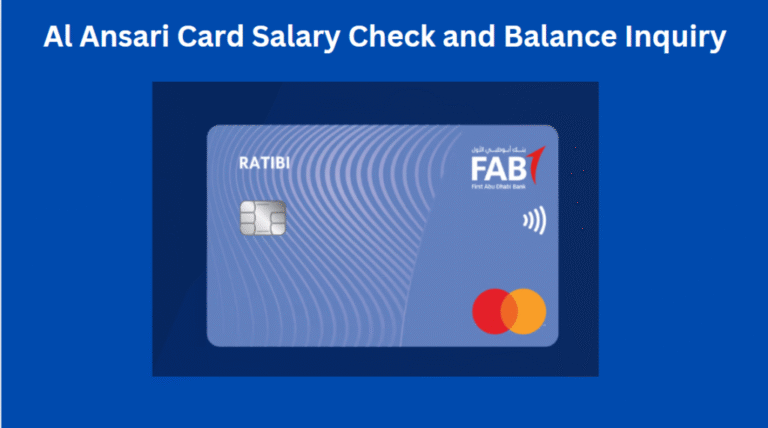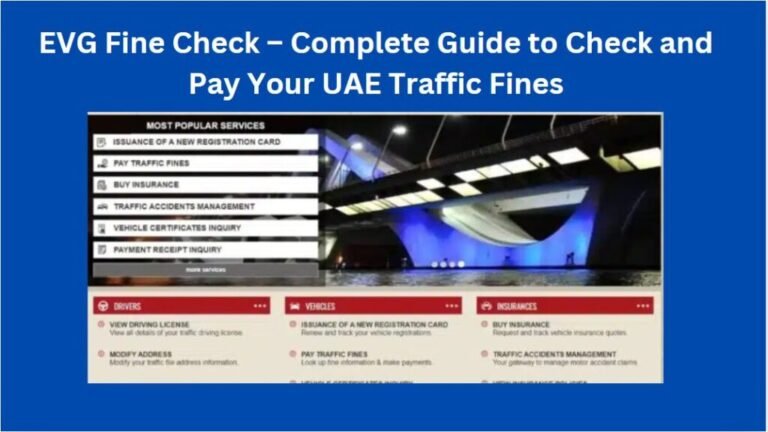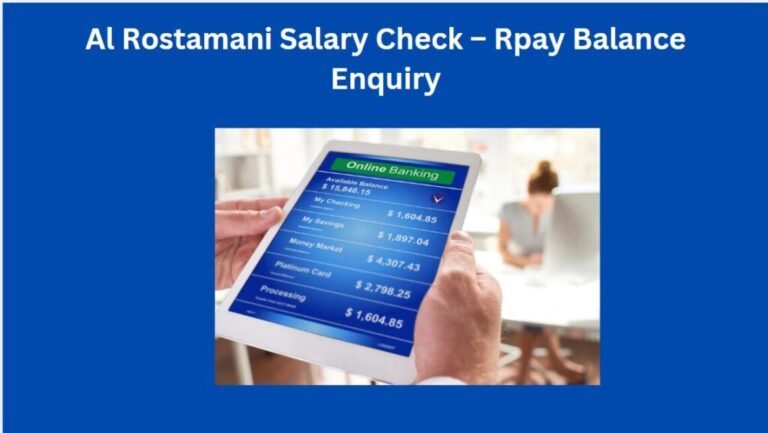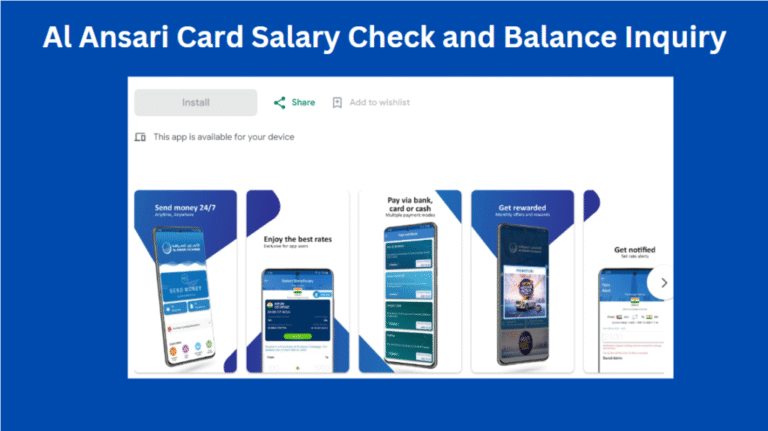Employer Denies Gratuity Payment? 9 Legal Reasons & Steps to Claim
If your company isn’t paying you gratuity, you are not alone—many service employees experience delays and refusals from employers during end-of-service benefit claims. According to the law, gratuity is an entitlement and must be paid within 14 days after the contract is terminated. In this article, we will discuss the reason behind gratuity denial, your legal entitlements, and the steps you need to take to claim unpaid gratuity, so you can get what is rightfully yours without undue worry.
Why Employers Deny Gratuity Payments (Legal Reasons)
Every employee is entitled to receive their end-of-service gratuity as a matter of law in the UAE. In practice, a lot of workers find that their employers forgo payment, leaving them unclear as to what their options are legally. Knowing when denial of payment is invalid, and what you can do to safeguard your rights, is critical.
Immediate Steps If Your Employer Refuses Gratuity
As per UAE Federal Law No. 33 of 2021 (The New Labour Law), employers are allowed to withhold gratuity payments for specific reasons. Here are the nine primary legal ways the employer can withhold gratuity payments:
Resignation Prior to Service Completion of 1 Year.
Employees who resign before completing a year of continuous service are not entitled to gratuity payments in the UAE. This serves as the most common legal basis for denial of gratuity and primarily impacts employees who frequently change jobs in the first year.
Check: What is Limited vs Unlimited Contracts in UAE 2025
Dismissal Under Article 44 (Formerly 120).
Employees dismissed for grounds specified in Article 44 of the UAE Labour Law (previously Article 120) may lose entitlement to gratuity. The reasons include serious misconduct such as:
Working for Different Employer During Leave
Taking up unsanctioned work with a different employer while on leave with your current employer is a violation of contract which may lead to forfeiture of gratuity.
Resignation to Escape Dismissal
Employees who voluntarily resign to escape dismissal under Article 44 provisions will not qualify for gratuity. Employers are required to show that the resignation was intended to avoid an otherwise valid dismissal.
Violation of Terms of Employment Contract
Gratuity may be denied on account of serious breaches of non-compete and confidentiality provisions of the employment contract.
Conviction of Criminal Offenses
Employees who are convicted of offenses which are deemed a threat to their integrity or their ability to perform duties may lose their gratuity entitlement.
Abandonment of Employment
Gratuity payments may be denied to employees who abandon their posts without notice or for no reasonable cause.
Provision of Incorrect Information During Employment
Providing documents deemed false or providing and/or misrepresenting information during the hiring or employment period may lead to summary dismissal with no gratuity.
Violation of Company Policies Leading to Termination
Immediate dismissal for serious breaches of company policies such as harassment, discrimination and safety violations is not without consequences, including the loss of gratuity.
Immediate Steps If Your Employer Refuses Gratuity
When faced with gratuity denial, take these systematic steps to protect your rights:
Contact MoHRE or UAE Labour Office
The Ministry of Human Resources and Emiratisation (MoHRE) is your first point of contact for labour disputes. File a formal complaint through their online portal or visit their offices. They will investigate the matter and attempt to mediate between you and your employer.
Send Formal Grievance Letter
Draft a formal letter to your employer referencing relevant UAE Labour Law articles and demanding payment within 14 days. Include:
- Your employment dates and position
- Calculation of gratuity owed
- Legal basis for your claim
- Consequences of non-payment
File Complaint with Labour Court
If MoHRE mediation fails, escalate your case to the Labour Court. Present all employment documents, salary certificates, and correspondence with your employer. The court will review the evidence and issue a judgment.
Enforcement via Execution Court
If your employer ignores the Labour Court judgment, the Execution Court can seize company assets to settle your dues. This includes compensation, gratuity, notice period dues, and any other unpaid amounts you’re entitled to receive.

Key Legal Provisions (UAE Labour Law Overview)
Knowing the legal aspects will help support your gratuity claim:
Article 44: Grounds for Immediate Dismissal
This article lists the reasons that would permit an employer to terminate a worker without providing any notice or gratuity. The New Labour Law still protects an employee’s right to gratuity even in cases falling under this article. Employers do not have blanket rights to deny gratuity in all cases of dismissals under this article. Each case must be individually assessed.
Article 51: Eligibility and Calculation Basis
End of service gratuity will be computed based on the employee’s basic salary and the period of service. It does not cover any allowances, overtime, and bonuses except those that the employment contract states.
Article 53: Payment Timeline
Gratuity must be settled not later than 14 days after the termination of employment. If this deadline is exceeded, further penalties and interest may be incurred.
Execution Procedures
When gratuity that is legally due is not paid, the employer is subject to enforcement by the Execution Court, which may impose measures such as seizing physical and non-physical assets and bank accounts, and placing them under control to guarantee payment.
What Happens If Employer Still Doesn’t Pay After Court Order
The UAE legal system provides robust enforcement mechanisms for unpaid gratuity judgments:
Asset Seizure Process
The Execution Court can identify and seize company assets including:
- Bank accounts and cash reserves
- Office equipment and machinery
- Vehicles registered under company name
- Real estate properties
- Accounts receivable from clients
Enforcement Timeline
Execution proceedings typically take 30-90 days, depending on the complexity of asset identification and seizure. The court will auction seized assets if necessary to satisfy the judgment amount.
Additional Penalties
Employers who consistently ignore court orders may face additional penalties, including business license suspension and criminal charges for contempt of court.
Sample Gratuity Claim Letter (Template)
Use this template when formally demanding gratuity payment:
[Date]
[Employer Name and Address]
Subject: Formal Demand for End-of-Service Gratuity Payment
Dear Sir/Madam,
I am writing to formally demand payment of my end-of-service gratuity as mandated under UAE Federal Law No. 33 of 2021.
Employment Details:
- Employee Name: [Your Name]
- Employee ID: [ID Number]
- Position: [Job Title]
- Employment Period: [Start Date] to [End Date]
- Total Service: [Years/Months]
Gratuity Calculation: Based on Article 51 of UAE Labour Law, my gratuity entitlement is calculated as follows:
- Basic Salary: AED [Amount]
- Years 1-5: [Number] years × 21 days = [Amount]
- Years 6+: [Number] years × 30 days = [Amount]
- Total Gratuity Due: AED [Total Amount]
Legal Requirement: Article 53 requires gratuity payment within 14 days of employment termination. This period has elapsed, and immediate payment is legally required.
Next Steps: If payment is not received within 7 days of this notice, I will file a formal complaint with MoHRE and pursue legal action through the Labour Court as provided under UAE law.
I trust you will resolve this matter promptly to avoid unnecessary legal proceedings.
Sincerely, [Your Name] [Contact Information]







